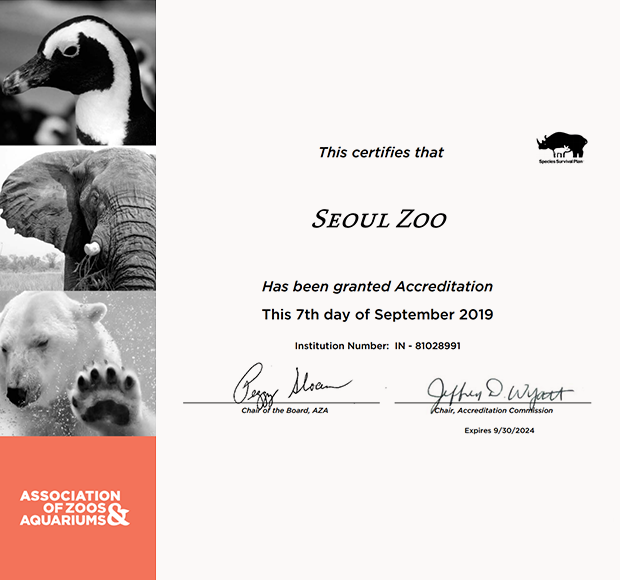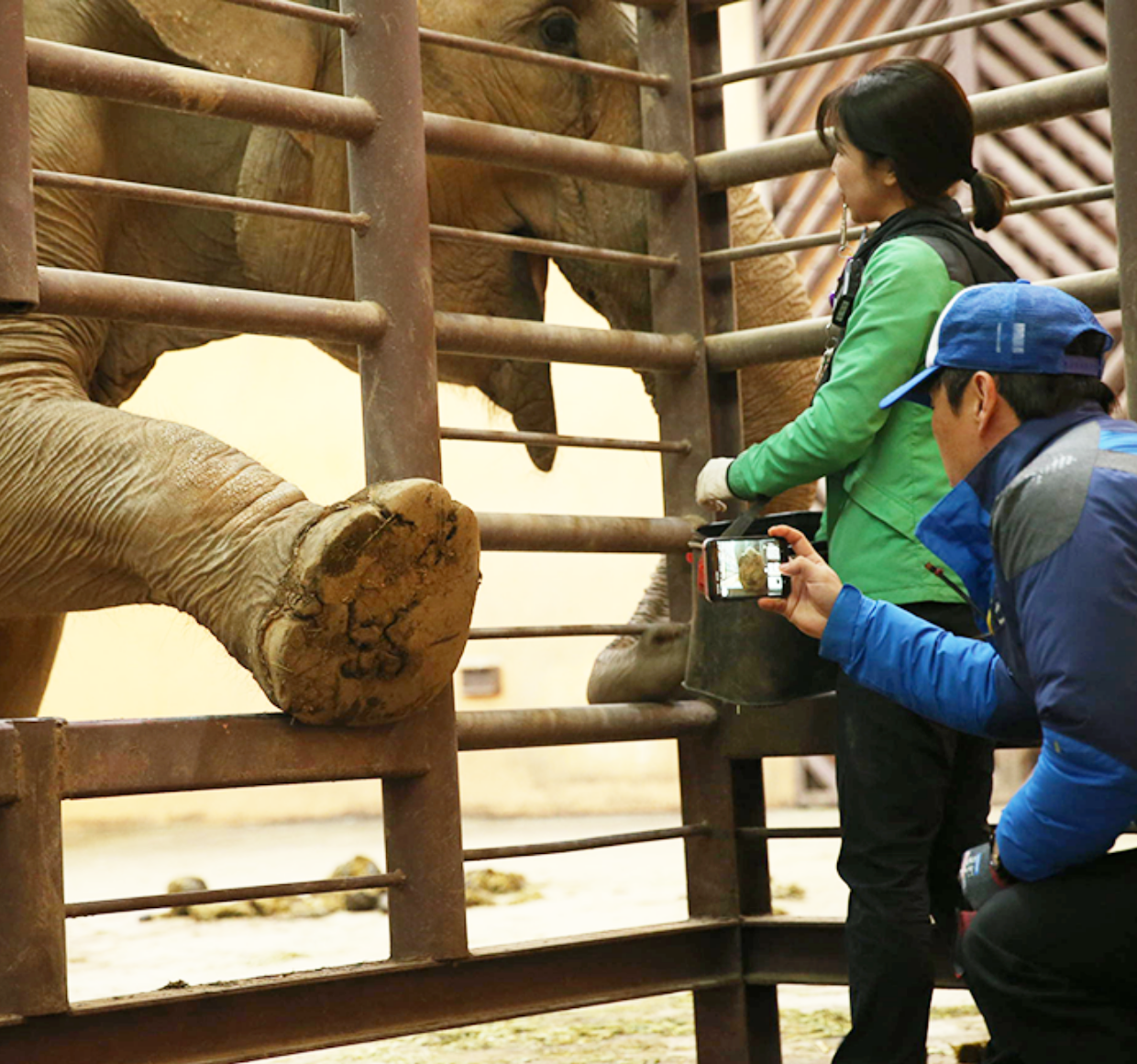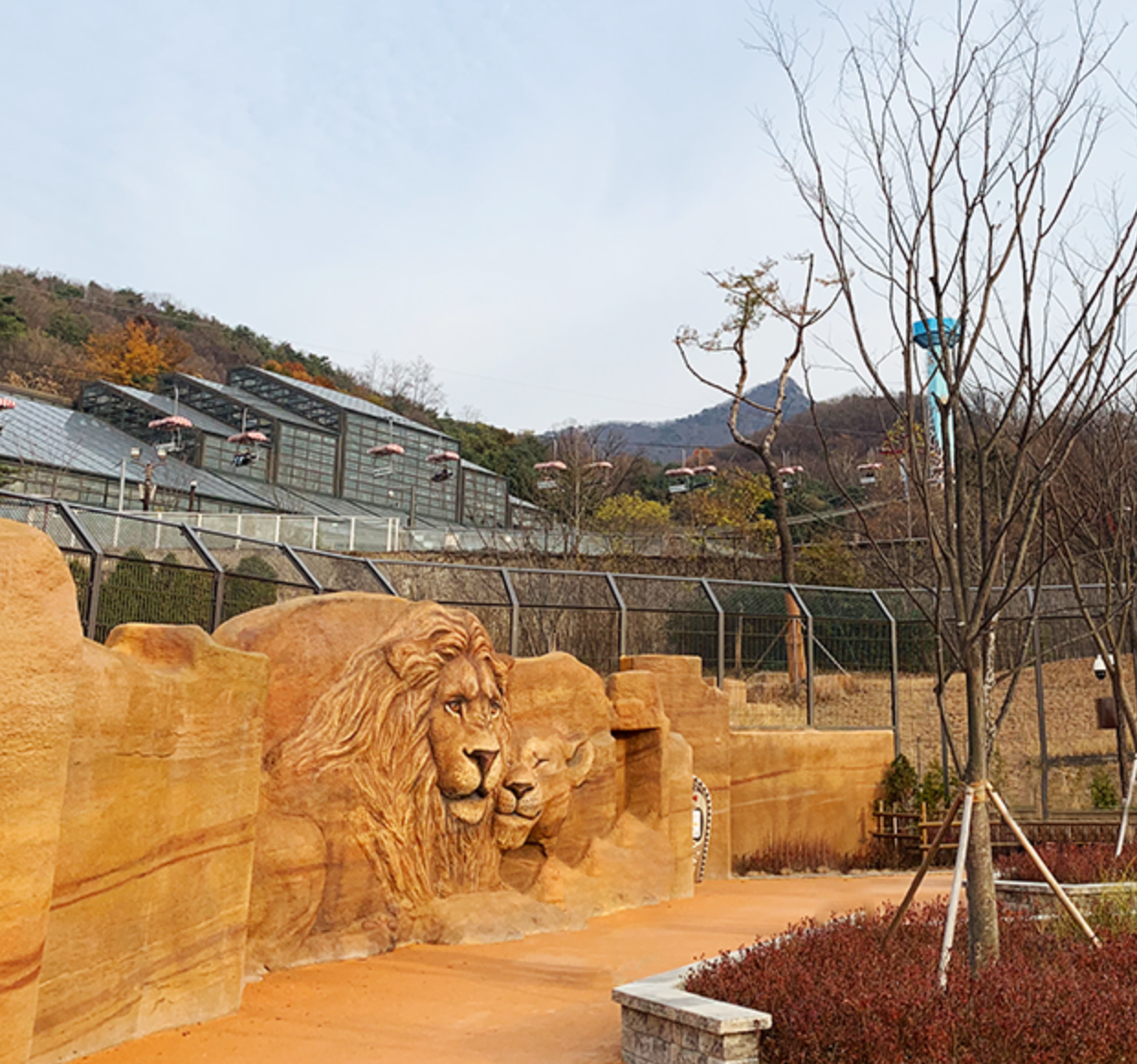AZA certification and international
conservation cooperation
The AZA certification is an international certification system that evaluates the overall excellence of zoo operations such as animal welfare, conservation research, ecological education, breeding, and safety management.
※ AZA : Association of Zoos and Aquariums

01
Obtained AZA on 2019
The AZA (Association of Zoos and Aquariums) accreditation is the most rigorous and prestigious certification system for zoos and aquariums in the world.
It signifies that the institution has been officially recognized as meeting the highest internationally accepted standards for animal welfare, conservation, research, education, safety, and ethics.
AZA accreditation is renewed every five years through a re-evaluation process, during which accredited institutions must continuously improve their animal welfare practices and operational systems.
Therefore, AZA accreditation is not just an honorary title, but a quality assurance that demonstrates management competence and social responsibility as an internationally recognized zoo.
02
Seoul Zoo Reaching Out to the World
Seoul Zoo is an active member of several international organizations related to animals, including the World Association of Zoos and Aquariums (WAZA), the South East Asian Zoos and Aquariums Association (SEAZA), and the International Zoo Educators Association (IZE).
In addition, as the chair institution of the Korea Association of Zoos and Aquariums (KAZA), Seoul Zoo leads the development of domestic zoos while strengthening international networks and cooperation.


03
Expanding International Conservation Efforts
Seoul Zoo contributes to the conservation of endangered species by collaborating with various international funds such as the Amur Leopard Conservation Program, the Wildlife Conservation Association (WCA) Tiger Conservation Fund, and the International Elephant Foundation (IEF) Asian Elephant Conservation Fund.
In addition, Seoul Zoo became the first in Korea to send otters—an endangered species both domestically and internationally—overseas to support species conservation. The zoo also dedicates efforts to conserving native wildlife, including the long-tailed goral, black-faced spoonbill, and Japanese wood pigeon.
Through these initiatives, Seoul Zoo continues to expand genetic diversity and strengthen international cooperation, striving to protect animals and nature in partnership with the world.


